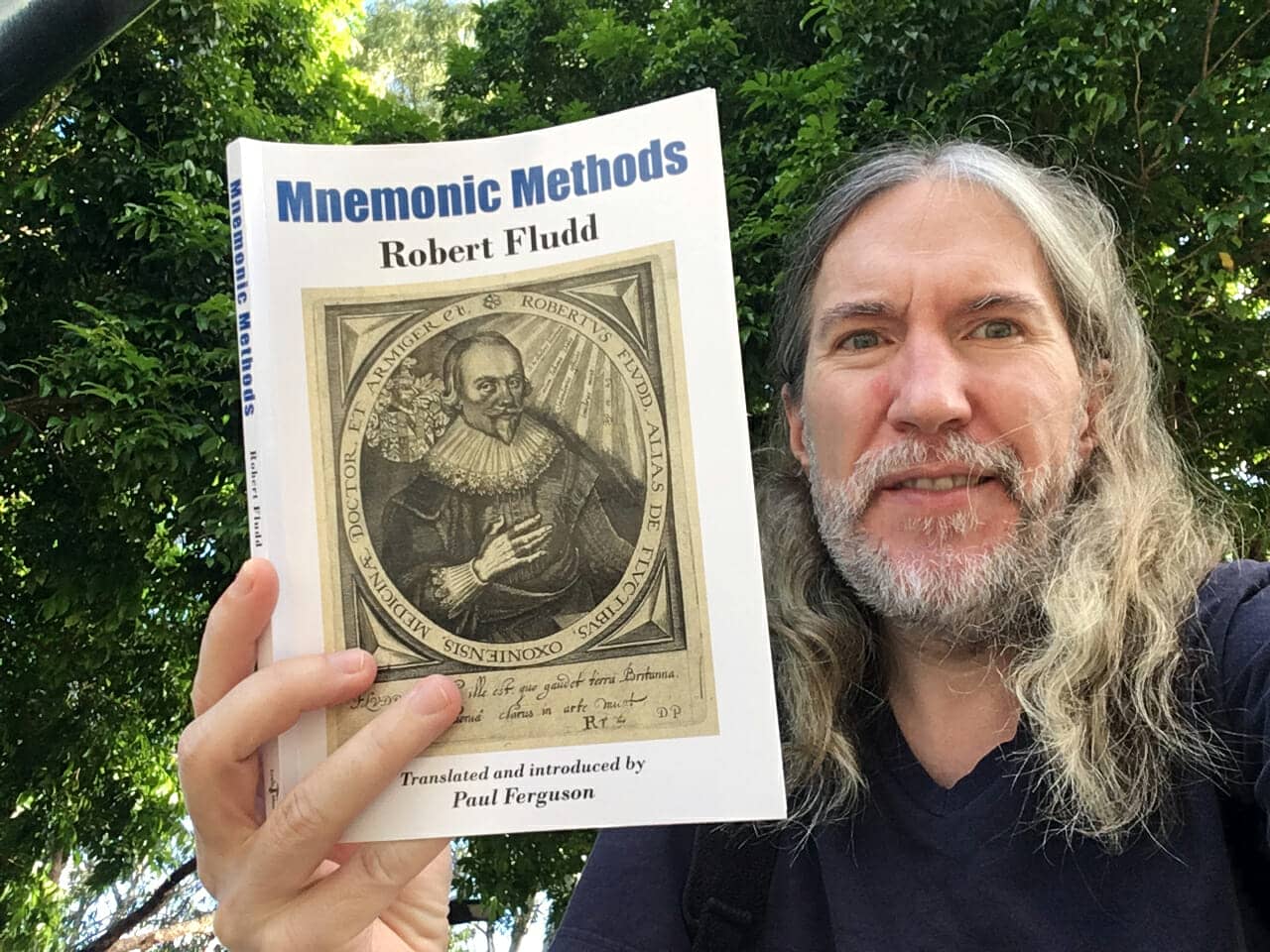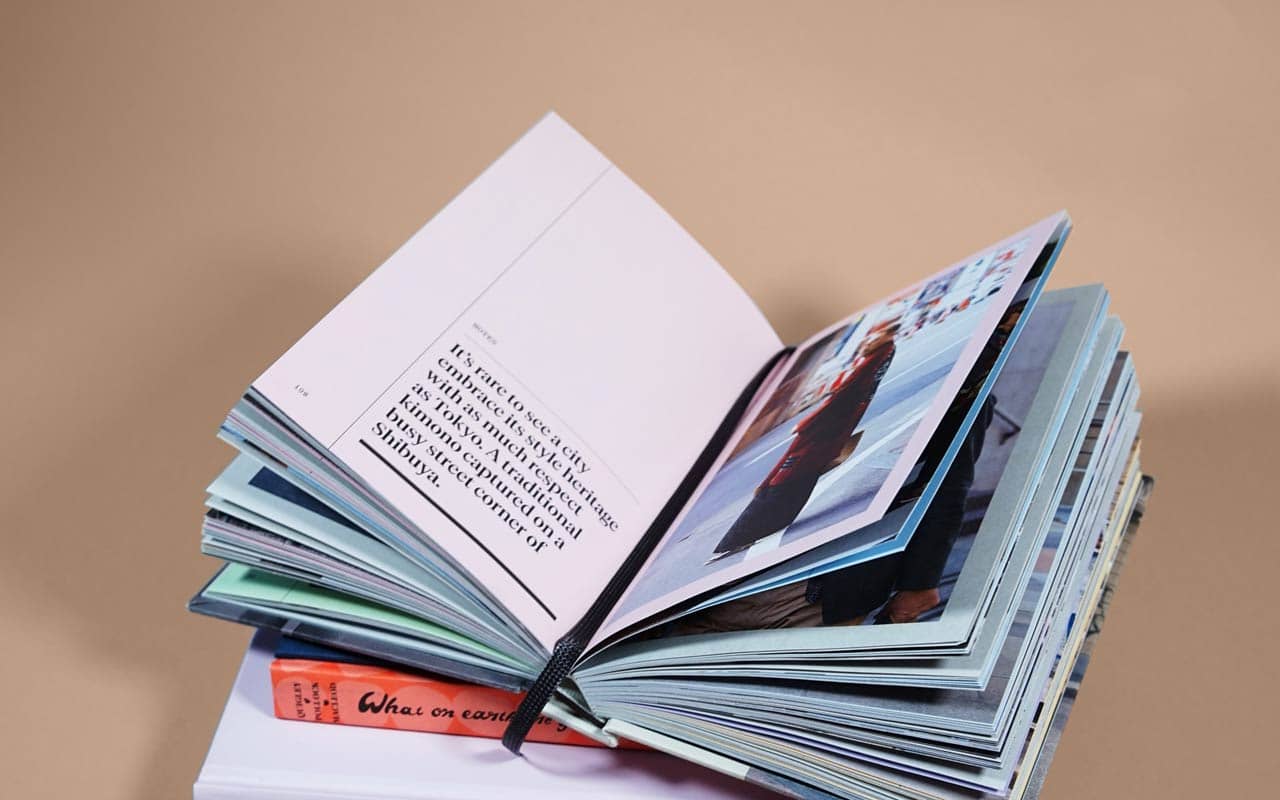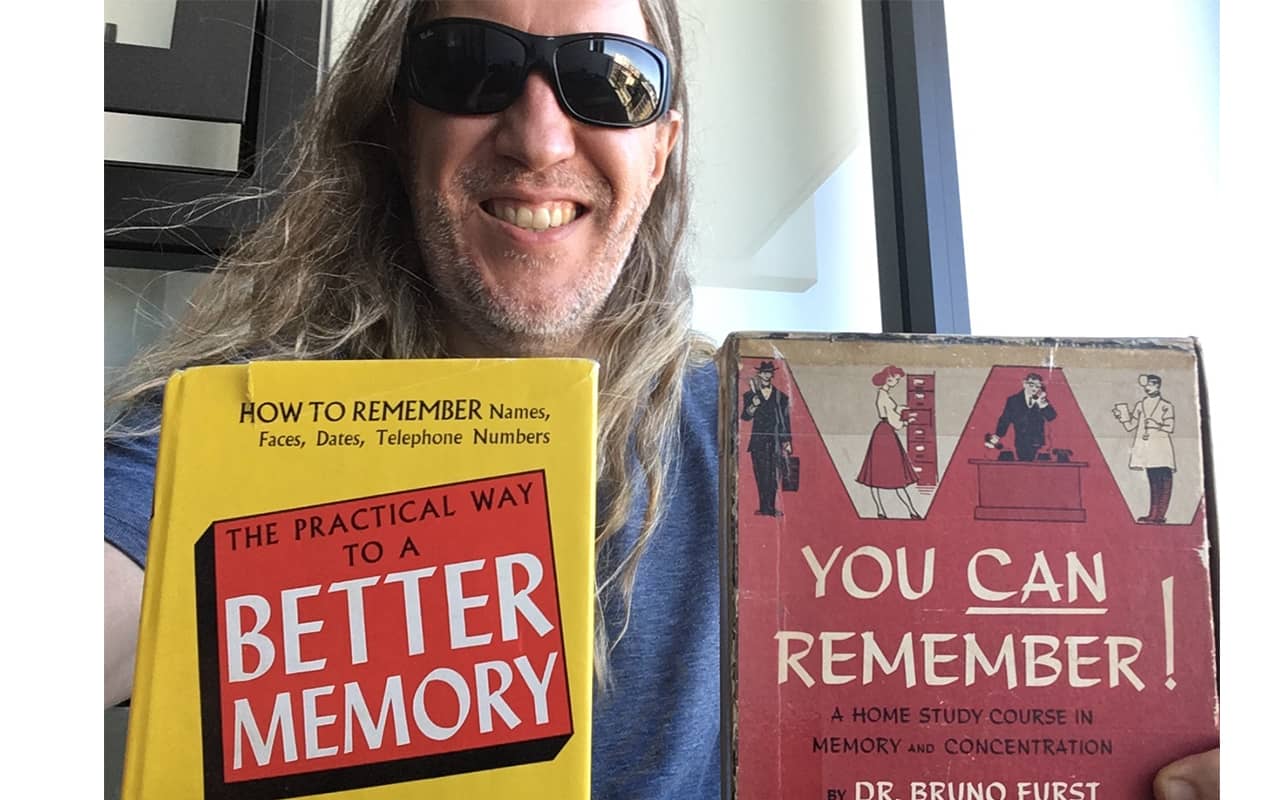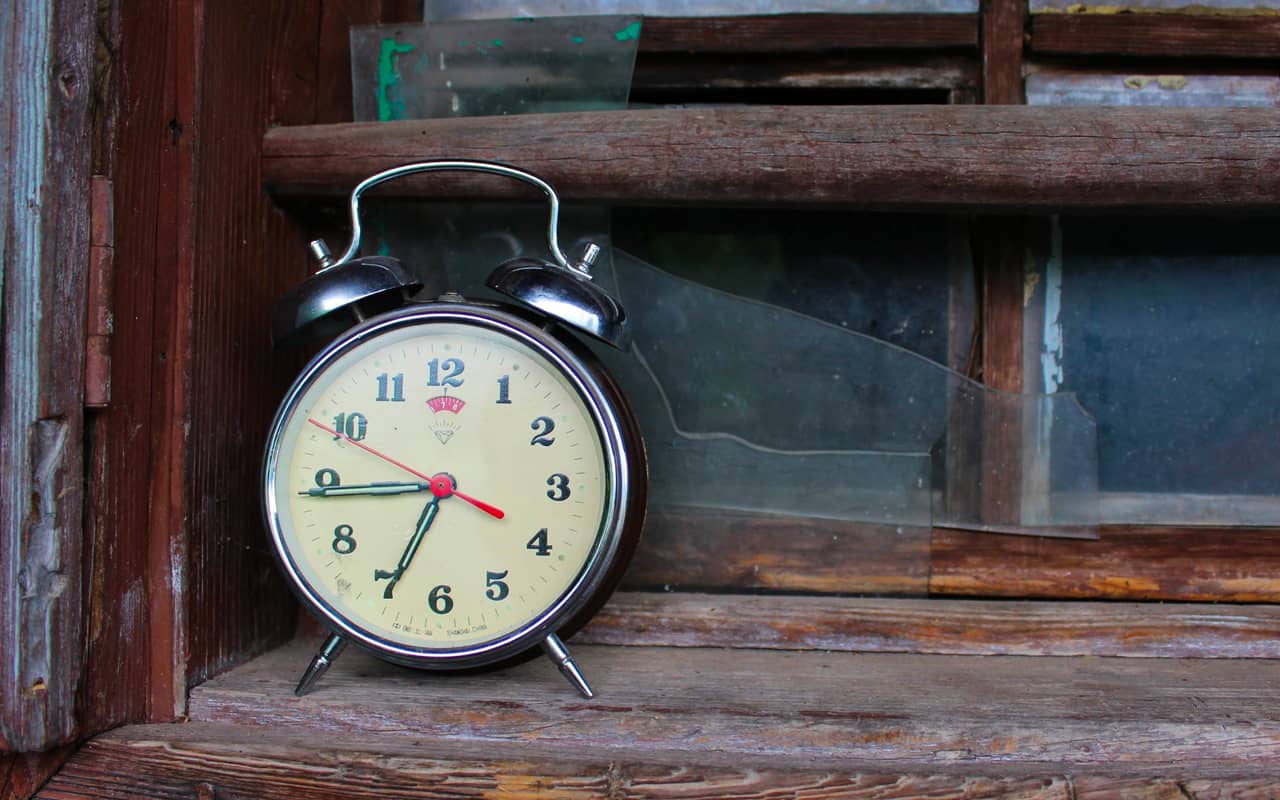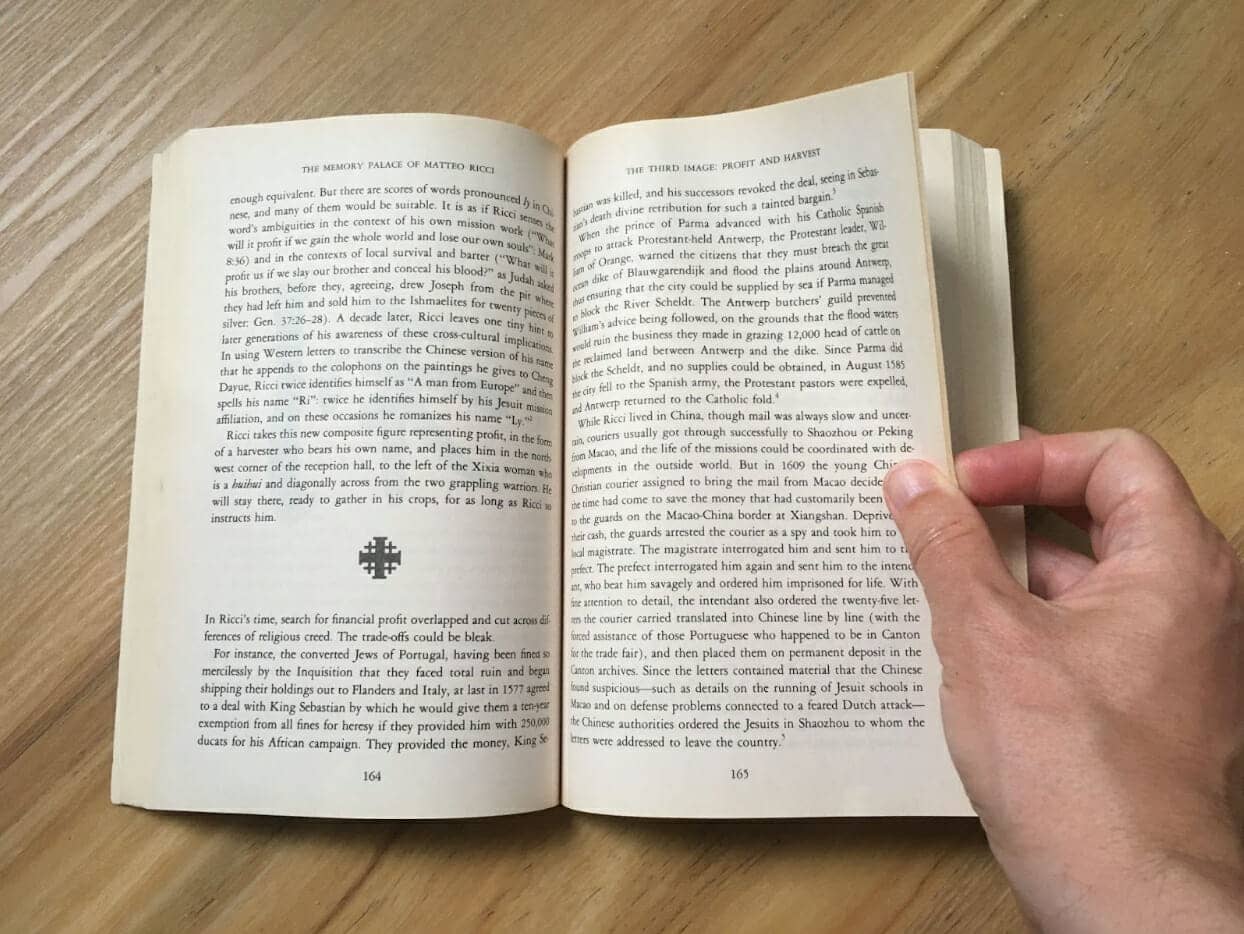 Is there an optimal amount of reading time you should commit to each and every day?
Is there an optimal amount of reading time you should commit to each and every day?
As a matter of fact, yes.
But does it come down to some meaningless fluff answer like a 15 minute daily minimum?
Absolutely not.
If you really want to experience the benefits of daily reading, stick around.
I’m going to give you the real deal when it comes to becoming smarter in your field through reading.
These tactics will help you have a lot more fun too, including my “Thor’s Hammer” and “Pinch technique” for keeping a solid reading pace and reaching daily targets.
Sound good?
Let’s dive in!
Why Reading Daily Is Essential for a Well-Trained Mind
Having a well-trained mind requires frequent reading because humans use language to create new things, solve problems and enjoy life in ways that no other species can.
Sure, animals can and do enjoy their athleticism. We’ve all seen dogs loving their play. But as far as we know, only we humans podcast about such matters. And that’s not to mention creating TV shows, writing books and creating entire movies that dramatize through language the experience of being alive.
14 Benefits of Daily Reading to Unlock Your Potential
I’ve written extensively about the benefits of reading elsewhere on this blog, so here’s a bullet-point summary of those key points:
- Ongoing exposure to new facts that lead to crystal and fluid intelligence
- Vocabulary development through spaced repetition and deliberate memorization
- Mental stimulation
- Greater empathy and emotional intelligence
- Stress reduction and relaxation
- Personal growth through reflective thinking
- Improvements to your internal dialogue
- Boosts to your intelligence
- Stronger creative and imagination skills
- Improved focus and concentration
- Cultural and Historical Understanding
- More topics to discuss during conversation
- Enhanced Communication and Writing Skills
- Structured thinking that can help you deliver presentations better
How to Get the Most Out of Your Daily Reading
As a pro reader with a PhD and a business based around what I think of as “depth research,” let me suggest this:
Focused results come from setting goals based on firm intentions.
Getting to the point you can do this for yourself may require a higher level of mental strength than you currently have – and that’s something I work on keeping strong myself.
But at the end of the day, without setting an intention first, reading goals often fall apart. And then it doesn’t really matter how much gets read in a day.
That matter aside, let’s say you do have your intention in place. What’s next?
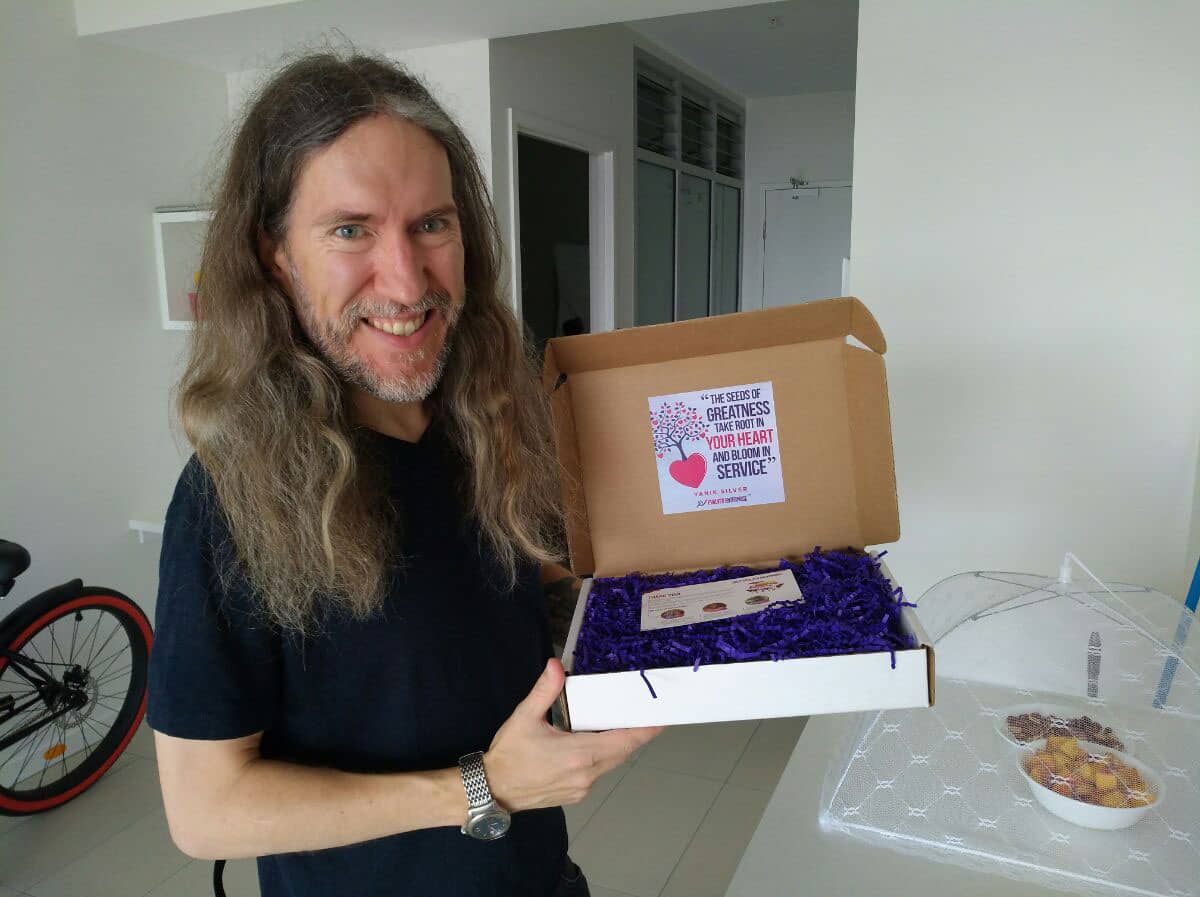
Clarify Your Purpose
Before you crack open a book, remind yourself why you’re reading the material in the first place.
You can ask yourself:
- Am I reading for knowledge?
- For pleasure/entertainment?
- For memory exercise or some other aspect of mental fitness?
- Personal growth?
- Reading comprehension practice?
By taking just a few seconds to ask questions like these, you’ll prime your mind. The heightened attention will help you get more out of each reading session as a result.
Eventually, you will also have primed your procedural memory and find yourself asking questions like these automatically. Priming will be part of your natural reading process.
Minimize Distractions
We all lead busy lives and to do any kind of substantial reading, most of us require silence.
No problem. When I want to read, I simply let the people around me know. Or, if there’s a lot of noise in the house, I go to a park or quiet cafe.
Cafes are amongst my favorite places to study and read. The sounds don’t bother me at all and I find the ambience of cafes much better than listening to binaural beats.
Engage the Material
Although it’s possible to avoid falling asleep while reading in bed, reading is best done hands-on.
This means reading while taking notes, mind mapping or using my “Thor’s Hammer” technique. I teach it in this video on how to focus while reading.
I also recommend using flashcards in a particular way while reading to maximize the value of time spent. I teach this method in how to memorize a textbook.
Pace Yourself
Of all the reading comprehension strategies you can learn, reading faster is low on the list of priorities.
Instead, I suggest you learn to do what I call reading with momentum. This meaning creating a sense of flow as you read.
Instead of stopping all the time to look up unfamiliar words and ideas, you can save them for after. Sometimes I will take a break for the purposes of interleaving to look something up.
But normally, flow is best left undisturbed. Most things can be looked up later, and often books clarify key terms when you just keep reading.
Reflect and Review
Something a lot of people miss is the principle of active recall.
It’s a fairly developed science, but the key idea is that you deliberately think about what you’ve read.
Even if it feels difficult, do it. That’s the point. The science of active recall shows us that making that effort is itself what helps the brain form memories and understanding.
Beyond that, you want to read a wide variety of material and personalize what you’re reading by using elaborative association and mnemonic imagery.
How Long A Day Should You Read?
If you’re going to set a reading quota per day, the exact amount boils down to your goal.
For example, the most effective reading time for me on a daily basis depends on what I’m trying to achieve.
When I’m deep in a project, I aim for 4-5 hours per day. That might sound like a lot, but given the nature of my current work, it’s reasonable.
Especially compared to the 6-8 hours I used to put in during my university years. But even then, 2-3 of those hours were picked up during long commutes to either York University in Toronto, or Rutgers in New Jersey.
When it comes to my daily reading for pleasure, the answer is simple: As much as I can! I love reading!
And since I’m a researcher by trade, it’s often hard for me to distinguish between reading for work and for pleasure. That’s why I set aside an hour each day to go for a walk and read in the park something completely unrelated to my work.
So, if you want to know the exact reading duration for personal growth that will work for you, I suggest you start journaling about your current reading consistency and practice. Match what you discover by tracking your daily reading progress with your goals. Observation will lead naturally to optimization.
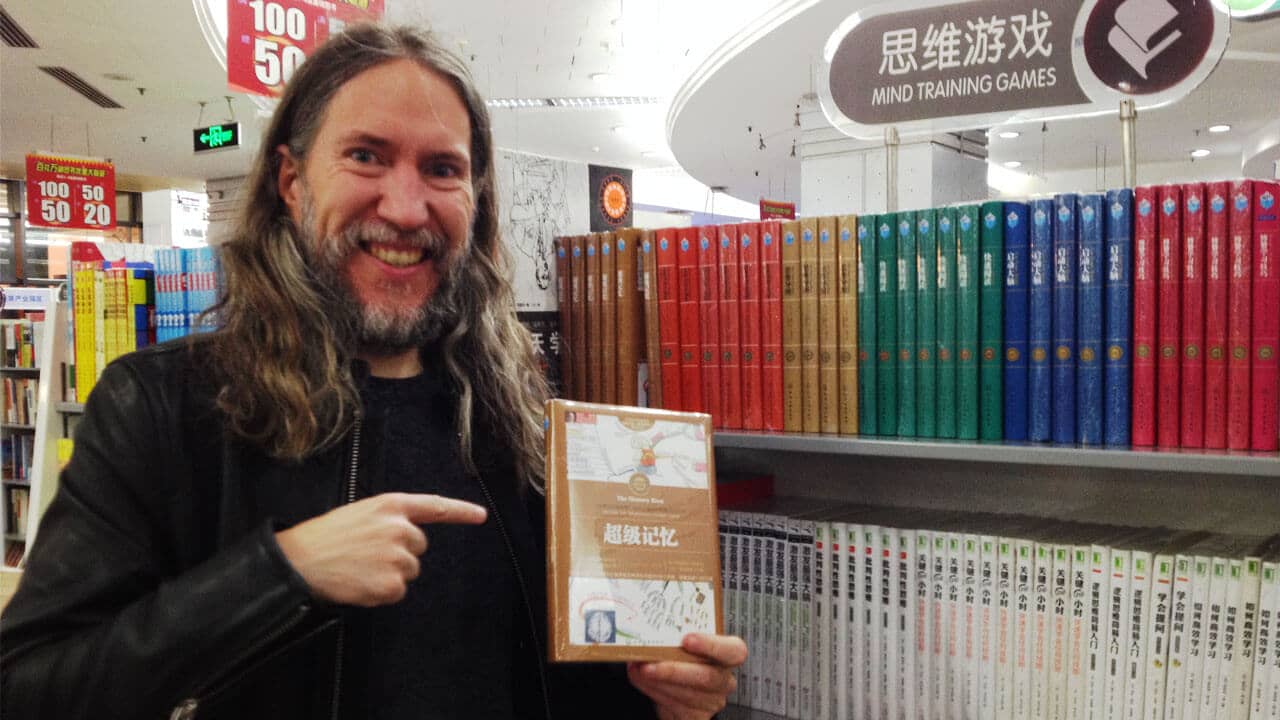
What Kind of Books Should Your Read?
According to at least one study, reading for pleasure on top of the reading you do for school or work helps increase empathy and overall progress in life.
I believe that each person needs to get deeply involved in choosing the best kinds of books for themselves. But here are some categories I recommend that will help boost your smarts:
- Books about memory improvement to help you master the Memory Palace technique
- Books about deliberate practice so you always make solid progress
- Books about linguistics so you know more about the language you’re reading
- The best books about how to learn a language so you can become bilinguial
- Books on philosophy so you know the best questions to ask
- The best books on critical thinking so you conclude rationally about everything you read
What Time Of Day Is Best For Reading?
The recommended reading time for different genres again has to do with your specific goals. It also requires a bit of “Know Thyself” matched with personal experimentation.
Many people are fresh with energy first thing in the morning. And that can change throughout life.
But to really develop reading habits and frequency of reading, it comes down to setting specific times and showing up. As I once heard Dan Kennedy say, “you sit down, open a book, and read.” It’s really doesn’t get simpler than that.
Finding Time to Read Daily
But I hear you barking, big dog. You’ve got family, school, commuting, work and other obligations. How are you going to squeeze it all in?
Here’s what I suggest:
Stop trying to work everything out in your head.
Map your day out on paper. Don’t try to find time or make it. Manage it.
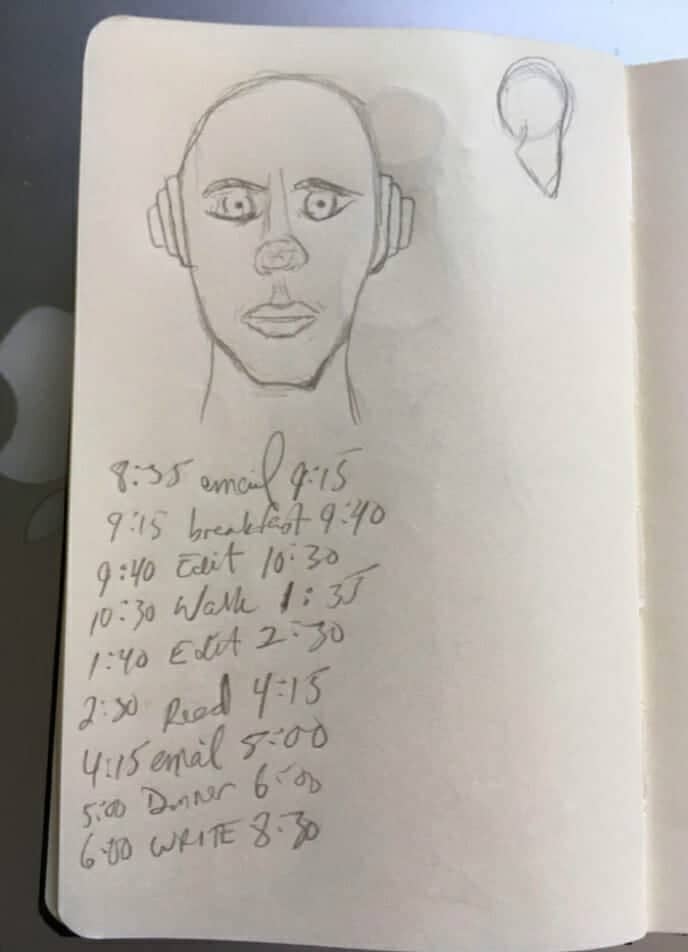
Prescriptive vs. Proscriptive Time Management For Reading
I do this every day by combing prescriptive and proscriptive to-do listing. Prescriptive to-do lists are when you list what has to be done and decide when to do it. This can be done in a journal or random scraps of paper.
Proscriptive lists involve charting out what you actually did and when. You’re describing your tasks in real time. For completing this task, I use a Snapshot journal.
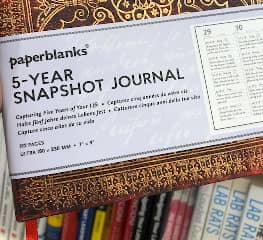
It helps me keep pace and read targets because when I write down what I’m doing by start and end time, it trains my brain to think before acting.
Instead of visiting Facebook or Twitter, I keep focused on the task by literally documenting the start and end times.
Although there are apps that help with this kind of time-tracking, I prefer to avoid the digital amnesia they create by time-tracking on paper only.
When you use this form of accountability, you’ll find that you have much more time for reading than it might seem.
It’s not that I don’t use social media at all (I do). But it’s timed, strategic, and the lion’s share of the time goes to what helps move things along in life the most: reading.
Carry Print Books Everywhere
My wife laughs at me for carrying 2-3 books everywhere we go.
But the reality is that I get a lot of reading done that way.
You can also listen to a lot of audiobooks on the go, though you might miss out on the benefits of reading from print, which are well-documented.
How Many Pages To Read Each Day
Even if you know how to measure your reading speed, you’ll always need to adjust your daily reading goals.
This is where my “Pinch technique” is so powerful.
Each time I sit down to read, I decide right then and there how many pages I think I can focus on during that session.
I don’t use a timer or the Pomodoro technique. But you can do that yourself and combine it with the pinch technique.
Here, the point is to know the general reading goal and then estimate how much you think you can get through. Pinching the exact amount of pages helps you “hold fast” until you reach the goal.
Over time, you will develop great powers of estimation that help you know what is the right amount for you.
And when you’re under pressure to get through entire books, this technique will also help you save time. Instead of constantly flipping ahead to see how much you still have left to go in a chapter, you’ll always know. You’ll feel it and see it.
This technique relates to what is sometimes called the power of small wins or the progress principle.
Don’t Follow the Numbers: Produce Them
A key point of what I’ve shared with you today is that you need to set goals and create your own daily reading quotas.
If you feel challenged, then that is a good thing. When I did the reading for my research on The Chaos Memory Palace of Giordano Bruno, it was tough! He does not write clearly.
But thanks to following the tips you’ve discovered today, I got through the reading. The progress principle helped me incredibly and the rewards have been huge.
If you love reading, the answer comes down to lifestyle design. Become self-employed or succeed as an entrepreneur and you can read all day long.
To a certain extent, that’s me. But I also love writing. So I need to use the time organization tips I shared with you on this page. They have been key to my success in balancing work pleasures and the joys of reading.
In some cases, it’s not about how much time you spend reading. It’s about getting your mind in shape first. I’m not the only one who thinks so. As Catherine Snow has demonstrated in her research, certain language disorders may need to be overcome. I once went through one such disorder myself when I experienced linguistic deskilling. I’m glad I was able to overcome it.
But it’s important to understand that curing my linguistic deskilling issue wasn’t solved by reading more. Talking more was required, and that came down to improving verbal memory, amongst other things.
So again, you need to look at your learning goals and see how much reading time will be required in order to achieve them as specifically as possible. And if you have big goals, you’re going to want a better memory. Grab my free memory improvement course to help you:
You’ll love how better memory helps you read more. And remember what you read, during the time you have. No matter how much that time might be.
So what do you say? Are you ready to start structuring your reading time around goals?
Doing so has certainly helped me!
Related Posts
- Why Speed Reading Is The Ultimate Enemy Of A Well-Read Mind
Is "speed-reading" really such an attractive idea? The short answer is ...
- 8 Epic Benefits of Reading: Why You Should Read Habitually
The benefits of reading everyday are clear. Learn the top 8 scientific benefits of reading…
- 5 of the Best Books on Linguistics You NEED to Read
If you're looking for the best books on linguistics, you might tire of seeing the…

